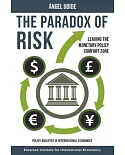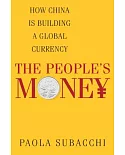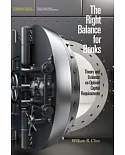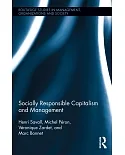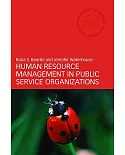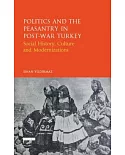Since the discovery of oil, the countries of the Persian Gulf have been caught in a vicious circle. With increasing oil revenues, rulers have made self-enrichment their motivation while
foreign powers have exploited the region and provided support for oppressive regimes. Early exploitation of the region’s oil was colonial in practice; today, oppressive rulers and foreigners
work hand-in-hand to the detriment of the citizenry. Rulers have no incentives to foster good institutions, especially the rule of law, as independent and efficient institutions would
undermine their control over oil revenues.
This book takes a chronological look at the impact of oil in the region and examines how vast oil revenues have encouraged oppressive governance and corrupted development policies, impeding
human, political, and economic progress. Hossein Askari argues that there is an urgent need for visionary political and economic reform in order to prevent a regional catastrophe. Rulers must
start by publicly acknowledging that oil belongs to the people of all generations and that it must be managed accordingly - efficiently, equitably, and transparently.


